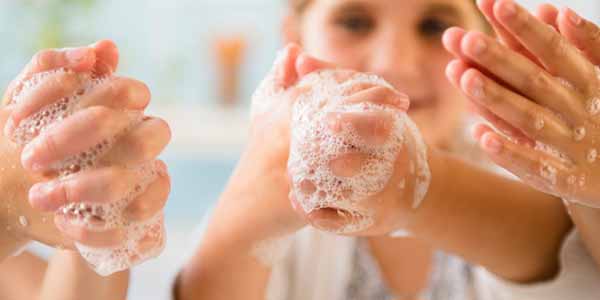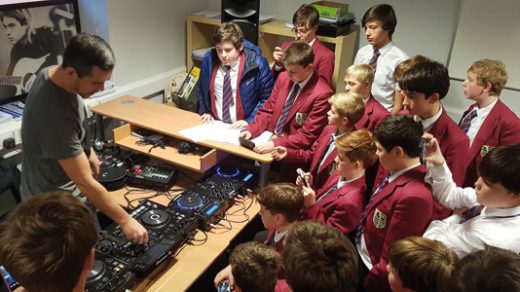Make hygiene playful – a few tips to help you and your family

Here are a few tips on the importance of hygiene
1) Sticker Chart
Encourage your children of the importance of hygiene and encourage your child to wash their hands by rewarding them with a sticker each time they wash their hands. The cleaner they are, the more stickers they earn!
2) Songs!
Encourage your children to wash their hands for the recommended time by helping your child make up a song that lasts for 20 seconds. You could use the tune of “Twinkle twinkle Little Star,” “Happy Birthday” or even a pop-song.
Explain that they can stop washing their hands once they have finished the song.
3) Test the Beet
Anyone who blows their nose with a tissue should wash their hands afterwards. But how do we explain the importance of this to little ones?
Try the technique, “Test The Beet” to prove the need to wash your hands after using a tissue.
Ask your child to pick up a pickled beetroot with a tissue. Your child’s hands will also turn red- which shows that liquid (and therefore the virus) easily reaches your hands even when using a tissue. Knowledge is key to protection.
Encourage your children to have the right attitude
Children mirror the attitude of their parents; therefore it’s your responsibility to transfer a calm and understanding attitude to your children. Remind your child that it is not worth being upset, teasing others or engaging in disrespectful behaviour when talking about COVID-19.
In recent weeks, we have seen episodes of prejudice and intolerance.
Make sure your children understand that the virus has nothing to do with your nationality, language or religion.
Take the time to make sure your child is not experiencing or contributing to stigma.
With exposure to worrying reports, statistics and images, it’s easy to feel like we are surrounded by impending doom or crisis. Children may find it difficult to distinguish between what they hear and see online or on TV, and their own personal reality. Keep your home environment stress-free by scheduling time for fun activities and avoiding over exposure to the news.
Children are calmed by a sense of familiarity, so try to stick to a regular routine and set times.
Keep a familiar routine
Keep in touch with your elderly relatives
One of the biggest asks in the coming weeks will be the self-isolation of elderly people, which for a lot of children will mean not seeing their grandparents.
Keeping communication channels open between your family and their grandparents is still be achievable and very much recommended to avoid feelings of isolation. We are incredibly lucky to live in a world in which technology brings us together. Tools such as Facebook, Whatsapp,
Hangouts, Skype, Facetime amongst many more will help keep family ties together.
If you have elderly relatives who are self-isolating, schedule in time for them to chat to the family. Invite them to dinner via video call or ask them to read a story over the phone. Make it fun and lighthearted so both the grandparents and children benefit.
How to deal with a situation in which schools close
Whilst children might be excited at the prospect of no school, for parents, the idea of children at home for a prolonged period of time is understandably quite daunting.
How do I keep a routine? Will my children miss out on education? How will I keep them entertained? These are just a few of the questions that will be floating around many parents’ minds.
If children are asked to stay at home, it is key to ensure you try to stick to a set routine. This means getting up and starting your day around the time you normally would on a weekday, as well as keeping lunch, dinner and bedtimes familiar.
You could try and make yourself a Covid-19 Daily Schedule.
Updates can be found at: https://bit.ly/2Ui1N5C




